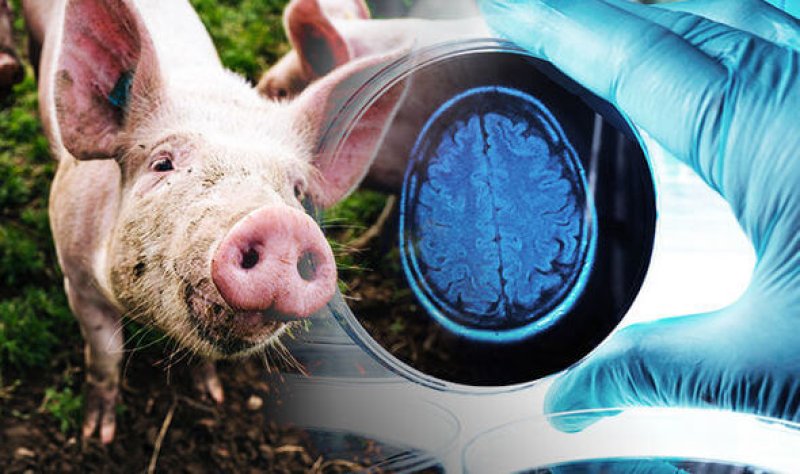Researchers at Yale University have restored circulation to the brains of decapitated pigs, and kept the organs alive for several hours. Their aim is to develop a way of studying intact human brains in the lab for medical research. Although there is no evidence that the animals were aware, there is concern that some degree of consciousness might have remained.
…
Prof [Nenad] Sestan is among the first to raise potential ethical concerns. These include whether such brains have any consciousness and if so deserve special protection, or whether their technique could or should be used by individuals to extend their lifespans – by transplanting their brains when their bodies wear out. In a commentary published [recently] in the Journal Nature… Prof Sestan and 15 other leading US neuroscientists called for clear regulation to guide them in their work.
…
“This question might seem outlandish. Certainly, today’s experimental models are far from having such capabilities. But various models are now being developed to better understand the human brain, including miniaturised, simplified versions of brain tissue grown in a dish from stem cells. And advances keep being made,” [said the authors]. The researchers say that ways of measuring consciousness need to be developed and strict limits set for them to be able to continue their work with the public’s support.
Read full, original post: Ethics debate as pig brains kept alive without a body































